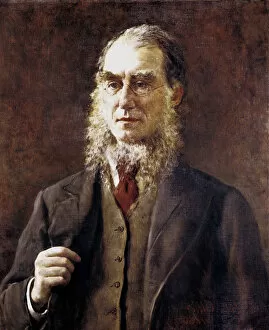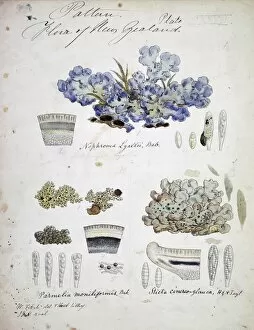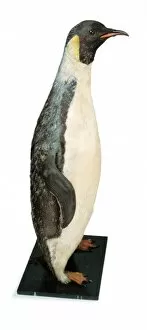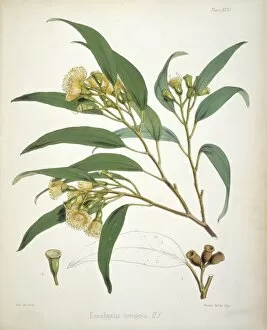Sir Joseph Dalton Collection
Sir Joseph Dalton Hooker, a prominent figure in the world of botany and plant geography, served as the Director of Royal Gardens at Kew in 1881
All Professionally Made to Order for Quick Shipping
Sir Joseph Dalton Hooker, a prominent figure in the world of botany and plant geography, served as the Director of Royal Gardens at Kew in 1881. Renowned for his contributions to the field, he dedicated his life to studying and collecting plants from various regions around the globe. This captivating portrait captured by Lock & Whitfield showcases Sir Joseph Dalton Hooker's distinguished appearance during the late 19th century. One of his notable discoveries was Cladhymenia oblongifolia C016 / 5987, a fascinating plant species that intrigued scientists with its unique characteristics. Additionally, Sir Joseph Dalton Hooker had an interest in wildlife beyond plants; he studied Aptenodytes fosteri, commonly known as emperor penguins. His extensive research shed light on their behavior and habitat in Antarctica. Born in 1817 and passing away in 1911, Sir Joseph Dalton Hooker left an indelible mark on botanical science. His legacy lives on through his groundbreaking work and influential role at Kew Gardens. Amongst his many accomplishments was the documentation of Eucalyptus urnigera, a species of eucalyptus tree that fascinated him due to its distinct features. Furthermore, Matilda Smith (1854-1926), an esteemed illustrator who collaborated with Sir Joseph Dalton Hooker on numerous projects, contributed her artistic talents to bring these botanical wonders to life. Not limited solely to land-based flora and fauna studies, Sir Joseph Dalton Hooker also delved into marine biology. He explored creatures such as octopuses and Antarctic fish species through detailed illustrations showcasing their intricate anatomy.












